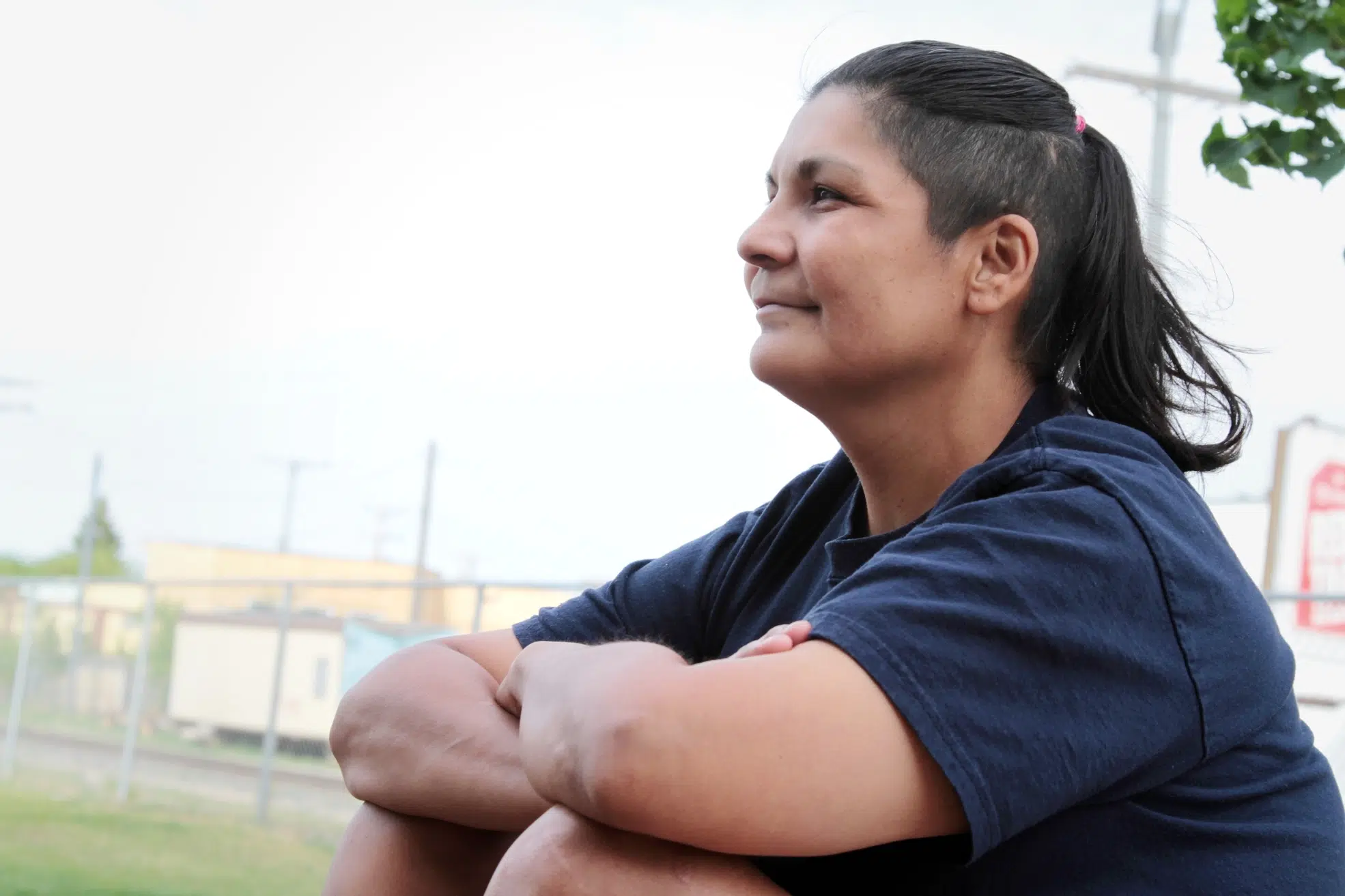
Saskatoon 60s Scoop victims open dialogue on lost generation
Lynn Thompson will forever remember the day a group of white social workers came to take her and her sisters from their home on the Pine Creek First Nation in Manitoba.
She remembers the smell of the trunk of the van where she and her sisters were stuffed into and whisked away from their families.
“I remember being told to run to the bushes as fast as I could. I wasn’t able to run fast enough with a little girl on my back and a little girl on my arm,” she said.
The then three-year-old Thompson was one of 70 children taken from Pine Creek over the course of a couple days.


